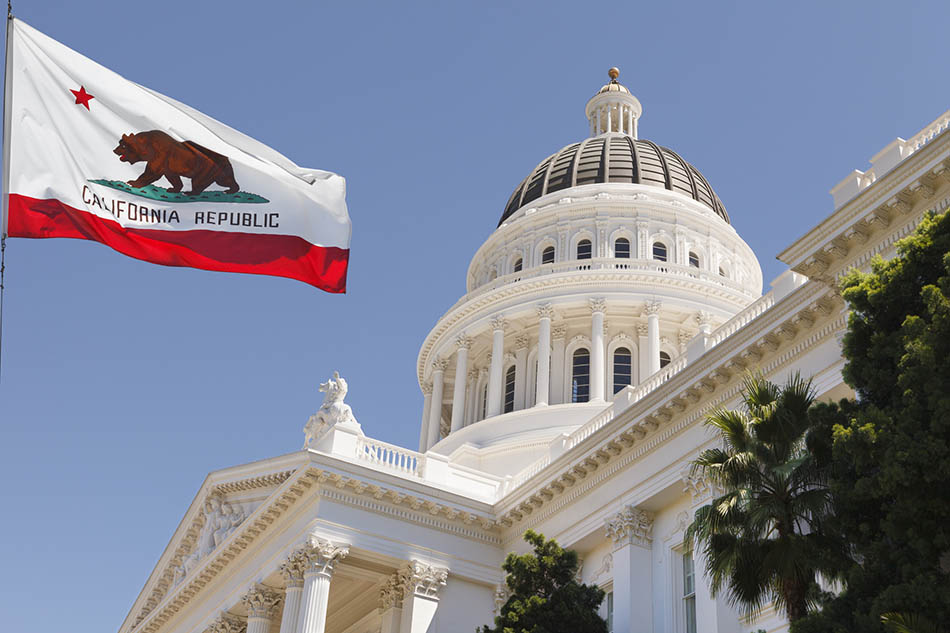Could California’s Privacy Laws Become a Cash Cow for Localities?
Computer-industry trade group sounds warning over fines to be split between city, county treasuries

The smarter way to stay on top of the multichannel video marketplace. Sign up below.
You are now subscribed
Your newsletter sign-up was successful
Computer companies are warning about the impacts of new California laws regarding online content moderation, data privacy and more targeted to go into effect at month’s end — including that the rules could become a revenue generator for local governments rather than a transparency generator for social media users.
The California laws regulate devices and features while cracking down on underage users on certain sites. The Computer and Communications Industry Association (CCIA) said the laws, with stiff penalties for violators, could stifle innovation — a familiar complaint about regulation in general — while likely conflicting with other laws and the U.S. Constitution.
One of the new laws the CCIA has issues with requires social-media companies to post much more specific information on their privacy policy as part of their terms of service, including policies on “specified categories of content” and how they are moderated.
“[D]igital services providers already take aggressive steps to moderate dangerous and illegal content, consistent with their terms of service,” the CCIA told the state back in July.
CCIA offered up a parade of potential horribles should the bill and its provisions make it into law. "[R]ather than protecting consumers from harmful content, they might have the adverse unintended consequence of giving nefarious foreign agents, purveyors of harmful content and other bad actors a playbook for circumventing digital services’ policies.”
The CCIA also suggested the bill could become a new source of revenue rather than of greater transparency, given that the revenue from penalties levied on violators of the tougher requirements would be divvied up between the city and county treasurers.
“This provision creates a punitive financial incentive for district, county and city officials to seek out formalistic violations in order to supplement local resources, while not necessarily supporting efforts to increase transparency,” the tech industry group said. ▪️
The smarter way to stay on top of the multichannel video marketplace. Sign up below.
Contributing editor John Eggerton has been an editor and/or writer on media regulation, legislation and policy for over four decades, including covering the FCC, FTC, Congress, the major media trade associations, and the federal courts. In addition to Multichannel News and Broadcasting + Cable, his work has appeared in Radio World, TV Technology, TV Fax, This Week in Consumer Electronics, Variety and the Encyclopedia Britannica.

